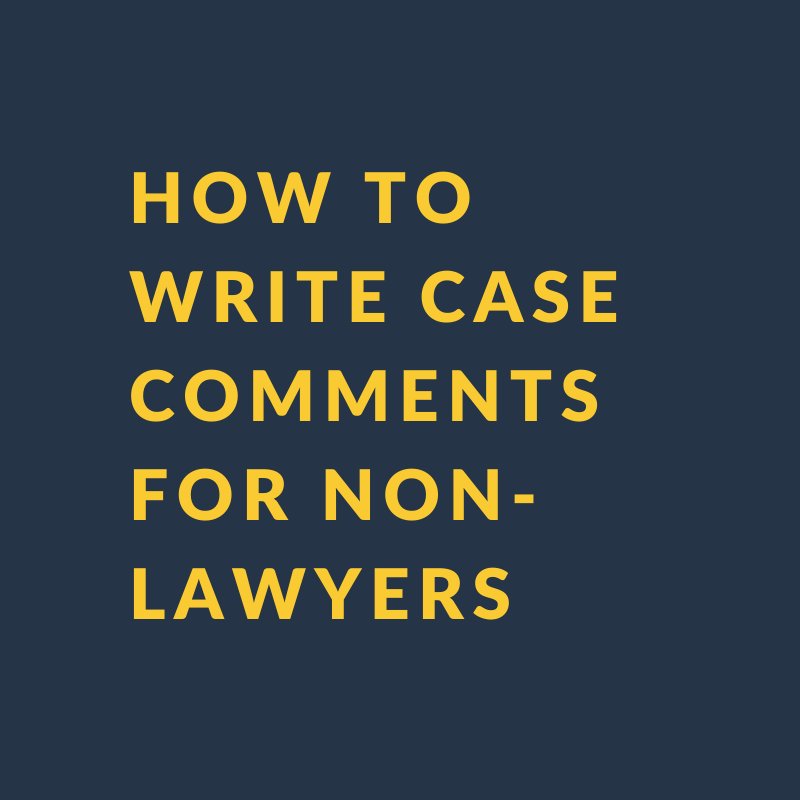
Hi, I’m Erica.
I am a freelance research lawyer practicing in Vancouver, BC. I write about freelancing, working from home, and - you guessed it - legal research and writing. Nothing here is legal advice. Welcome to my blog!
Legal Writing Blog
For AI newbies, this blog post offers some simple and low-risk ways to incorporate AI into the legal research and writing process using free or affordable AI tools.
Crafting a legal argument in the absence of guiding authority can feel impossible, especially for newish lawyers. Fortunately, there are several legal reasoning techniques to apply in the absence of relevant authority.
It’s easy to get tripped up on a bad precedent. When faced with adverse authority, it’s natural to return a memo explaining that the argument is a loser. But an effective legal researcher seeks out the alternate route and offers creative solutions.
The purpose of the client letter is not to convey everything you know but to help the client meet their objectives, whatever those may be.
Last fall, the BCCA clarified the correct approach to drafting responses to civil claim.
You may have a firm grasp on the applicable law, but unless you can communicate your research in a way that is helpful for the instructing lawyer, your legal research memo will be ineffective.
Many lawyers start blogs with the intention of reaching potential clients. But then they write the blog as if their audience is a bunch of other lawyers practising in their same field.
It is the task of the lawyer, not the deponent, to draft an affidavit. But it shouldn’t sound like a lawyer drafted it.
If you are a litigator in BC — particularly one in your first 10 years of practice — you likely spend a fair bit of time preparing chambers materials.
Does this happen to you? After hours of research and document review, you sit down to write your argument or factum. You know the facts. You know the law. And yet. You just can’t get started.










